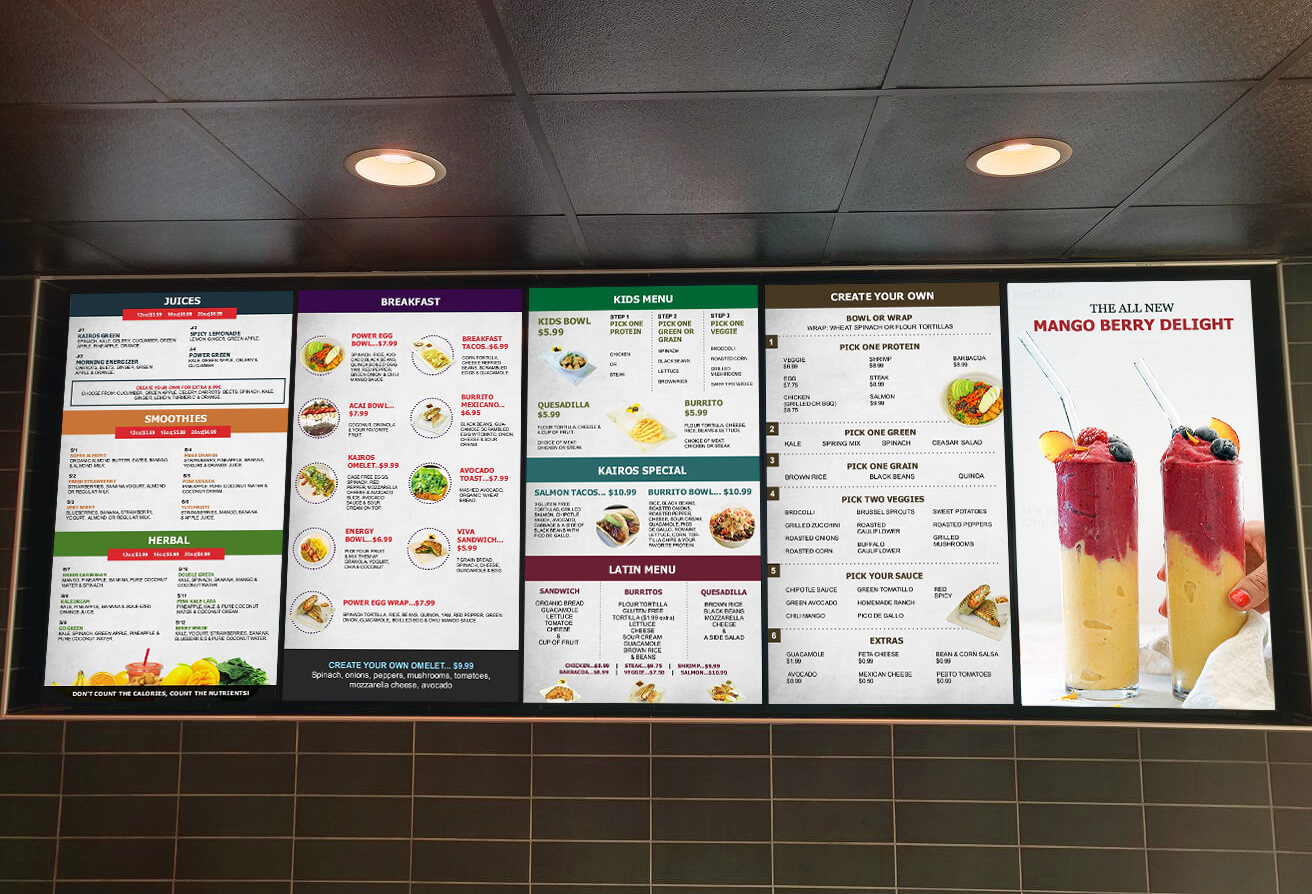Not all new technologies need to be introduced to the workplace; after all, they are often costly, disruptive, and time-consuming to set-up and understand. However, every now and again, a technology develops so astonishingly that those who find themselves on the early side of adoption are set to benefit greatly.
Virtual Reality (VR) and Augmented Reality (AR) undoubtedly fall into this category as they continue to make waves across a wide variety of businesses around the world. To learn more, here are three things you need to know about VR and AR technology in the workplace.

1. There is a difference between Virtual Reality and Augmented Reality.
One of the biggest mistakes that individuals and companies make when discussing this type of technology is confusing Virtual Reality with Augmented Reality. While there is one main thing that these two have in common — the capability to alter a person’s perception of the world — there is plenty more that is different about them.
VR technology entirely transports the user, taking them someplace else wholly by blocking out the environment that they are currently in and establishing their presence elsewhere. On the other hand, AR technology keeps the user in their current reality while adding something extra to it.
2. VR and AR Technology are beneficial to a wide variety of industries.
From education to marketing & advertising, from real estate to hospitality, from heritage & museum to healthcare, from retail to events & activations, there is hardly any industry that would not benefit from the introduction and usage of VR technology.
As VR and AR technologies allow users to fully interact with an environment, new products or fresh experiences, these offer an exciting solution for companies who are looking for new strategies for marketing, branding, retail, and engagement. Additionally, these can significantly enhance the competence and effectiveness of maintenance, design, and prototyping by administering cost-effective modeling.
Moreover, VR and AR technologies have great potential for transforming how employees are trained, the manner in which maintenance is organized, the effectiveness in design and prototyping processes, and the level of engagement that can be drawn when new projects are presented to board members.
3. VR and AR Technology offer a surefire way of making your brand and business stand out.
Once upon a time, the concept of virtual and augmented reality activations was reserved for novel experiences that were few and far between. Luckily, that is no longer the case.
While they have yet to be downgraded to the status of “predictable,” virtual and augmented reality activations are becoming a more frequently used tool for savvy brands and forward-thinking organizations who are looking to make their promotional strategies and event equipment stand out.
For businesses looking to include some form of this technology in their marketing or branding purposes, AR technology may be the way to go as it grants more freedom to the user, and more opportunities for you as a company because it doesn’t require a head-mounted display as VR does. In fact, the potential uses and advantages of AR applications are extensive due to the widespread availability of tablets and smartphones.
If your business decides to utilize this innovative, highly customizable, and cost-effective technology, then you are on your way to acquiring the necessary tools for enhanced customer engagement and better user experience. Keep in mind that the greatest augmented reality solutions can be utilized across all platforms and devices and are created from software solutions that are future-proofed and of the highest quality.
If you want to learn more about ways in which this cutting-edge technology can make a difference in your workplace, then it’s best to reach out to the top virtual reality company in Dubai (or wherever your business is located) to discover more about its capabilities.
Has your company considered using VR or AR technology in the workplace? If so, how are you utilizing it? What benefits and challenges are you currently experiencing? If not, what is stopping you? Let us know your thoughts regarding this exciting technology in the comments below!
AUTHOR BIO
Judit Chackal is responsible for the marketing, communication and business development efforts of Reach MENA and its sister company, SENSE-R, the leading MENA-based virtual reality developer for VR branding projects and Industrial Training Simulators. She has over a decade of experience in delivering strategic marketing & business development visions for global clients in the travel, hospitality, events and education sectors. Her passion for content and experiential marketing led her to the field of virtual reality project development.





